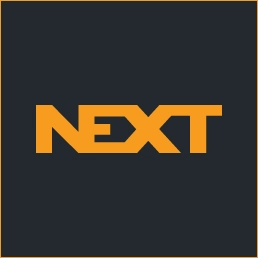How Spartan Radar is Improving Driver Assistance Systems
“I hope you aren’t watching this while driving,” said Robert Brown, Chief Strategy Officer at Spartan Radar. Spartan Radar is a California-based company started by brilliant minds who built radar systems and planes in the Air Force. “They brought their skills to the automotive industry,” said Brown. Spartan’s work focuses on improving driver assistance systems – systems that sometimes give false alarms and beep when they shouldn’t.
Brown’s background includes work in the automated trucking industry. He enjoys what he does because it is an essential part of everyday life and there are many advantages. While new technology in trucking would have seemed like science fiction ten years ago, such as zero-emission vehicles, battery electric vehicles, hydrogen-run vehicles, autonomous vehicles, and drone delivery, it’s an incredible opportunity right now. “Sounds like an exciting time,” said Gabrielle Bejarano, the podcast host.
There’s a lot of buzz around autonomous vehicles. “The most important thing is to educate on what is going on. If you’re nervous about autonomous trucks, learn about them. There are so many great resources out there,” Brown suggested. There is no autonomous truck at scale. The race is to go to market. Even once these vehicles are released, the primary use for autonomous trucks will be for long-haul routes.
“It can’t do the inner-city local pickup and delivery,” said Brown. The journey would start with a manually driven truck, shift to an autonomously driven truck, and again to a manually operated truck for local delivery. With that in mind, the process opens up two trucking jobs on either side of the long-haul journey.
Are autonomous trucks the solution? Connect with Brown on LinkedIn to learn more about what’s NEXT for the industry.




